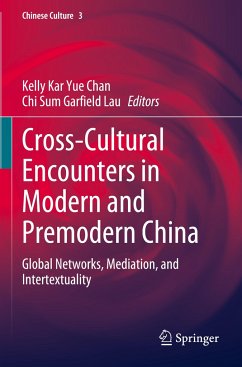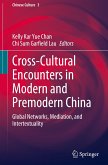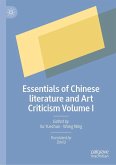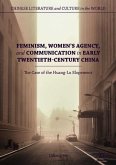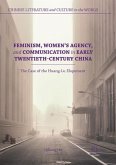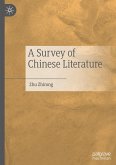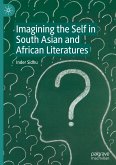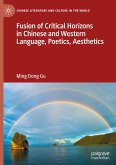This book presents an essential contribution to approaches in the studies of film, literature, performance, translation, and other art forms within the Chinese cultural tradition, examining East-West cultural exchange and providing related intertextual dialogue. The assessment of cultural exchange in the East-West context involves the original source, the adapted text, and other enigmatic extras incurred during the process. It aims to evaluate the linkage among, but not limited to, literature, film, music, art, and performance. The sections unpack how canonical texts can be read anew in modern society; how ideas can be circulated around the world based on translation, adaptation, and reinvention; and how the global networks of circulation can facilitate cultural interaction and intervention. The authors engage discussions on longstanding debates and controversies relating to Chinese literature as world literature; reconciliations of cultural identity under the contemporary waves ofglobalization and glocalization; Chinese-Western film adaptations and their impact upon cinematic experiences; an understanding of gendered roles and voices under the social gaze; and the translation of texts from intertextual angles. An enriching intellectual, intertextual resource for researchers and students enthusiastic about the adaptation and transformation process of different genres, this book is a must-have for Sinophiles. It will appeal to world historians interested in the global networks of connectivity, scholars researching cultural life in East Asia, and China specialists interested in cultural studies, translation, and film, media and literary studies.
Bitte wählen Sie Ihr Anliegen aus.
Rechnungen
Retourenschein anfordern
Bestellstatus
Storno

